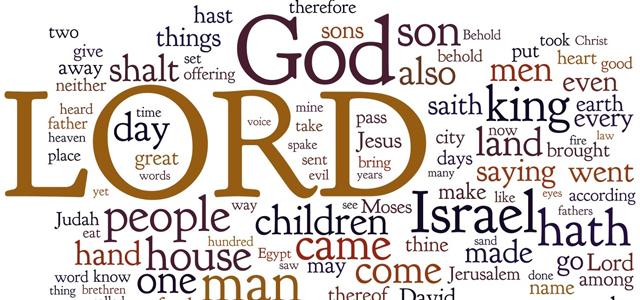Before there was any Apostles’ Creed, the earliest Christian confession consisted of just two Greek words: Kyrios Iesous, “Jesus is Lord.”
The Apostles’ Creed centres on this basic confession.
All the other statements in the creed are like spokes on a wheel radiating from this hub — the confession that Jesus is Lord.
Creeds are often denounced as cold didactic summaries of doctrinal ideas. But the heart of the Apostles’ Creed is not a doctrine, an idea, or a theory. The heart of this enduring creed is a name. The centre of Christian faith is not an idea but a personal relationship.
The heart of our faith is not a theory about Jesus but loyal and loving attachment to the person of Jesus.
A later Christian confession, the Heidelberg Catechism (1563), captures this personal dimension when it begins with the question and answer: “What is your only comfort in life and in death? That I am not my own, but belong — body and soul, in life and in death — to my faithful Saviour, Jesus Christ.”
Of course, attachment to Jesus is intensely personal, but it’s not a private matter. Paul reminds the Philippians that one day all worldly powers and authorities will speak the name of Jesus and confess that “Jesus is Lord” (Phil 2:9-11). In confessing Jesus’ lordship for ourselves, then, we are also making a universal claim. The lordship of Jesus is the hidden truth of every human life. It is the hidden truth of human history. It is the hidden truth of creation itself (Col 1:15-17).
Such universal statements might sound insensitive or even oppressive to our pluralistic ears. And there is no doubt that Christians have at times used their universal message to legitimate oppression and injustice. Rightly understood, however, the message of Jesus’ lordship is good news.
It is a message of hope, joy, and liberation for all people and for all creation.
Let me give an example. In the hierarchical society of the ancient world, there were rigidly defined relationships between men and women, Jews and Gentiles, slaves and free persons. The Christian community was the one place where all these human beings would gather together without distinction. Man and woman, slave and free, Jew and Greek – all came to the same baptismal waters (Galatians 3:27-28). All made the same confession that “Jesus is Lord.”
Thus, very early in the church’s history, we also find the apostle Paul writing to a Christian slave-owner, urging him to regard his Christian slave as “no longer a slave… but a beloved brother” (Philemon 16). By the fourth century, the Christian preacher Gregory of Nyssa mounted a scathing attack on the institution of slavery. Interestingly, Gregory didn’t rely on modern ideas of individual rights and liberties. As he saw it, the problem with slavery was that it creates a false lordship. By making one person the owner of another, human beings claim an authority that belongs only to God. As Gregory put it: “you have forgotten the limits of your authority.” The world has only one true Lord — and this Lord “does not enslave”, but “calls us to freedom” (Gregory, Fourth Homily on Ecclesiastes).
Because Jesus is Lord — a universal Lord — all worldly power is limited and provisional. Because Jesus is Lord, all human beings are elevated to the same level. They owe their ultimate allegiance not to one another, but only to Christ. Before Christ, they are able to recognise one another as sisters and brothers.
Slavery didn’t vanish all at once. But when slaves and free persons stood side by side and confessed that Jesus is Lord, slavery’s days were numbered. When the early Christians entered the waters of baptism and took the name of Jesus on their lips, the tectonic plates shifted, and the slow revolution began.
Dr Ben Myers is lecturer in Systematic Theology at United Theological College












